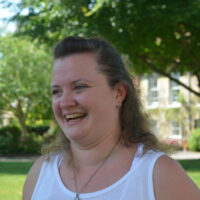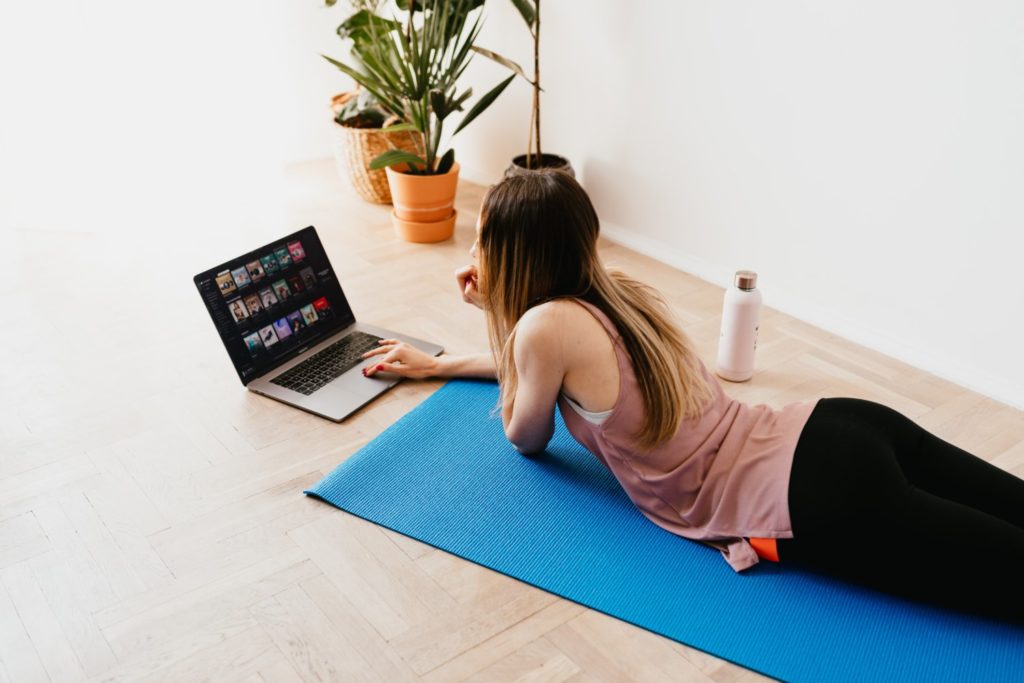
Date: 20 October 2021 Author: Energise Me
Earlier this year we launched the Me & Activity report, showing that young people had positive feelings about physical activity, but struggled with feeling motivated. Here we explore how the recommendations can help YOU become more accessible.

The Me & Activity report shares the findings of a survey of 151 young people, and two focus groups. It recommends that organisations working to support young people to be physically active should:
For more information, the recommendations are found on pages 26 and 27 of the report.
In this blog, we’ll look at recommendation 1, what we’re doing to meet it, and some ideas and practical tips for youth workers, sports clubs, leisure centres – or anyone else supporting young people to be physically active.
When the young people talked about accessibility, they didn’t mean only in relation to disability. They wanted to see provision that was adaptable and available to every member of the community.
When asked to devise their own plans, young people focused on creating free initiatives, offering subsidies, creating gender-neutral changing rooms and building infrastructure like lights to make women feel more comfortable.
Some things that we do to make our work accessible:
Some things you could try:
If you have an idea for a way you can make your activity more accessible, we’d love to hear about it. (And shout about it!) And if you’re a bit stuck, and fancy a chat, please do get in touch.
